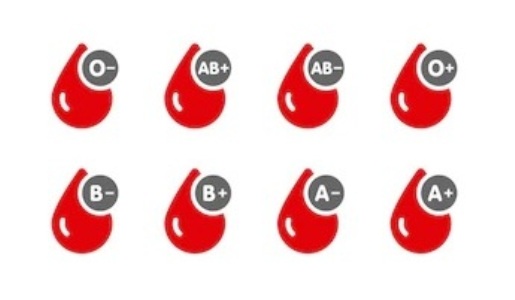
According to study results, which blood group has the highest risk of stroke?
Stroke the soul trembles with fear at the mere mention of the word. Like an assassin, this lethal illness attacks swiftly. However, understanding your blood type might help you predict your risk of having a stroke. The researchers contend that this is the hopeful medical community’s research field. More study on this subject is anticipated to produce solutions for ways to lower and even eliminate the risk of stroke.
This is revealed in a study that was published in the peer-reviewed medical journal Neurology. According to the researchers from the University of Maryland School of Medicine (UMSOM), people with group “A” blood have the highest risk of stroke under the age of 60. On the other side, people with “O” group blood had the lowest risk.
On around 17,000 patients who suffered a stroke, the researchers analysed 48 different types of genes, as is known. The participants’ ages ranged from 18 years to 59. According to research, blood type ‘A’ individuals under the age of 60 had a 16 percent increased risk of stroke. On the other hand, the “O” group has a 12% lower risk of stroke.
Why, then, does this risk differ? According to one of the study’s authors, neurologist Steven Kittner, the researchers do not yet fully comprehend it. “The reason the “A” group has the highest risk of stroke is still a mystery to us”, he added. But perhaps blood coagulation is involved in this situation. In the blood, there are chemicals, proteins, and cells; they all have a function.
Remember that blood vessels are how blood gets to the brain. However, a stroke happens if the blood vessel ruptures or clogs in any way. In that instance, how quickly the patient can be transported to the hospital will determine whether or not they can be discharged. However, it is thought that there may be a technique to prevent this disease in the future if there is more knowledge regarding the risk of stroke with a particular blood group.
Read Also: Suffering in the winter with asthma problems? Specialist doctors advise on control and prevention methods